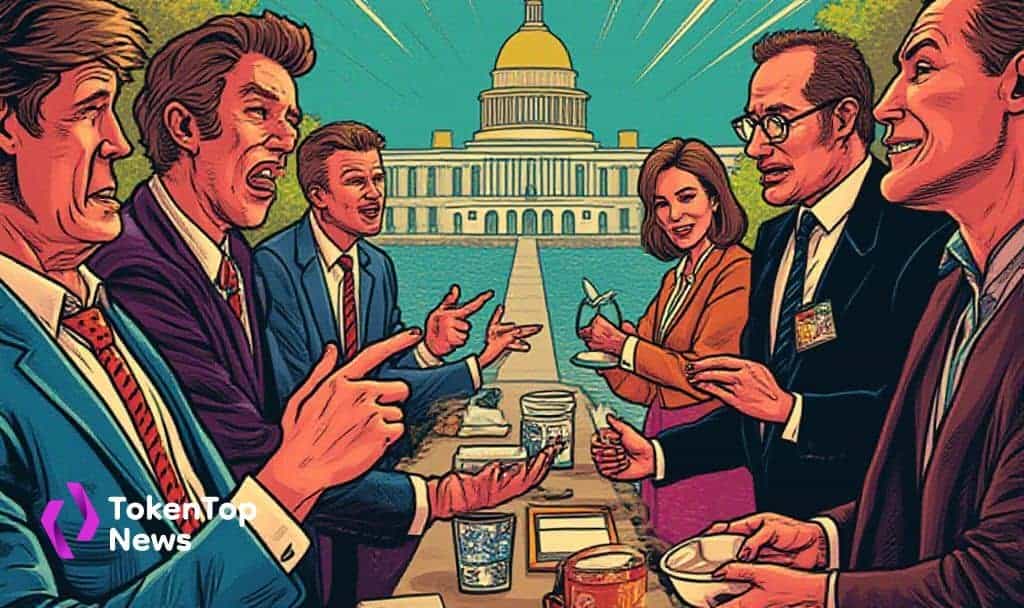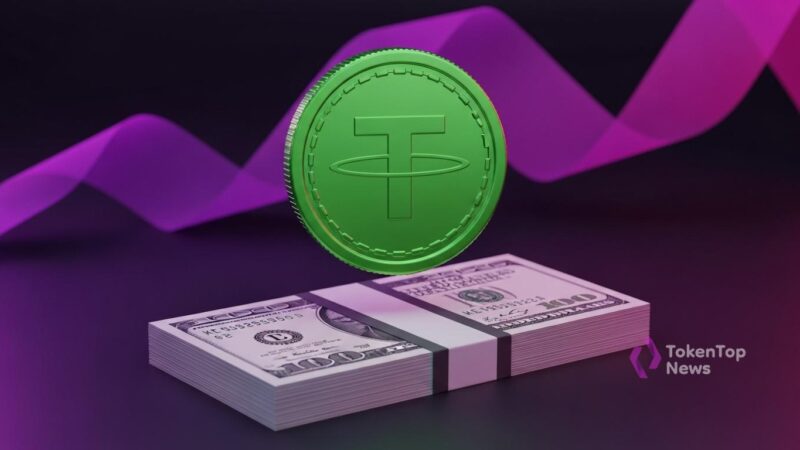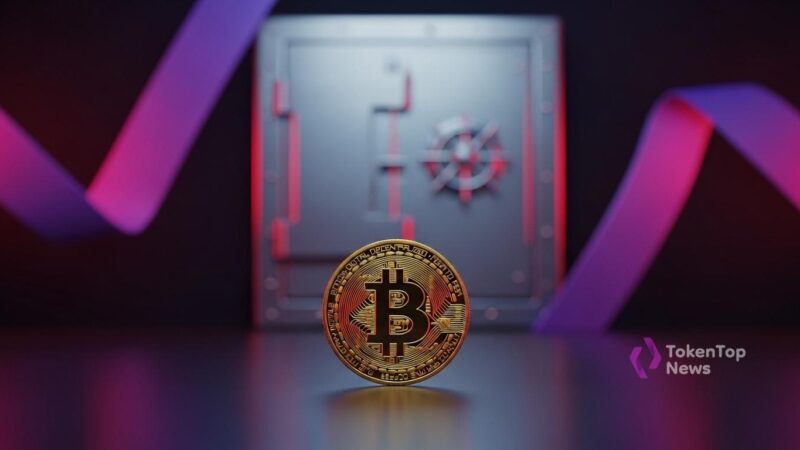Bitcoin Act: Lawmakers and Crypto Leaders Push Proposal
- Prominent crypto executive Michael Saylor with U.S. lawmakers backs Bitcoin BTC +0.00% legislation.
- The BITCOIN Act proposes U.S. Treasury acquisition of 1 million BTC.
- ANTICIPATED impacts on BTC market with potential price volatility.

Michael Saylor and other crypto leaders are meeting with U.S. lawmakers in Washington D.C. to advocate for the BITCOIN Act, proposing a significant treasury acquisition of Bitcoin.
The meeting emphasizes Bitcoin’s potential role in U.S. economic strategy, influencing market sentiments and possibly affecting Bitcoin’s price trajectory amid increasing global adoption.
Michael Saylor, co-founder of MicroStrategy, along with crypto executives and U.S. lawmakers, is in Washington D.C. to advocate for the BITCOIN Act, aiming for U.S. Treasury acquisition of 1 million BTC over five years.
The key figures include Michael Saylor, Senator Cynthia Lummis, and Congressman Nick Begich. The plan has garnered public support from Donald Trump, aiming to rock economic strategies with substantial Bitcoin investments.
The immediate impact of the BITCOIN Act centers on promoting Bitcoin as a strategic reserve, paralleling global trends of national crypto accumulation, like those reported in Russia and Japan.
The proposal carries financial implications, suggesting funding from government reserves without taxpayer increases, potential BTC price rises, and related market shifts.
Analysts predict the BITCOIN Act could drive BTC prices past $130,000, mirroring previous trends. Unlike historical precedents, such large state purchases amplify market dynamics.
Potential outcomes include increased institutional participation in Bitcoin and regulatory changes. Historical Bitcoin acquisitions by nations reflect substantial price volatility and optimism in cryptocurrency circles.
Michael Saylor remarked, “Every Bitcoin you do not purchase is a $13 million error.”




